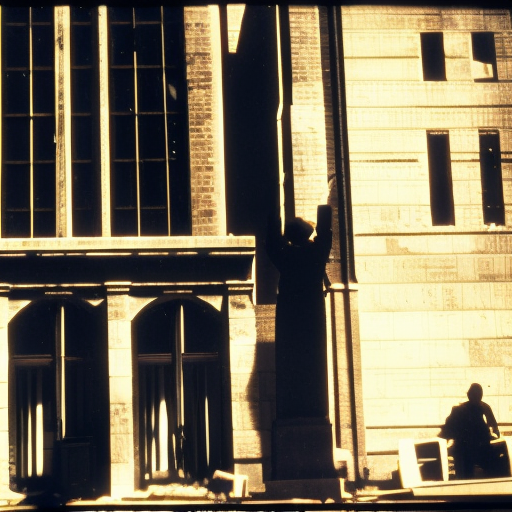Summary:
The 16th Street Baptist Church bombing was a racially motivated terrorist attack that took place on September 15, 1963, in Birmingham, Alabama. Four members of the Ku Klux Klan planted a bomb beneath the steps of the church, resulting in the deaths of four young African American girls and injuring many others. The bombing became a turning point in the Civil Rights Movement, galvanizing support for the cause and leading to increased efforts to end racial segregation and discrimination in the United States.
Background:
During the 1960s, Birmingham, Alabama, was a hotbed of racial tension and violence. The city was known for its strict segregation laws and resistance to desegregation efforts. The 16th Street Baptist Church was a prominent African American church and a center for civil rights activities in the city. It had been a target of white supremacists in the past due to its involvement in the Civil Rights Movement.
The Bombing:
On the morning of September 15, 1963, a bomb planted by members of the Ku Klux Klan exploded beneath the steps of the 16th Street Baptist Church. The blast killed four young girls: Addie Mae Collins, Cynthia Wesley, Carole Robertson, and Denise McNair, who were attending Sunday school classes at the time. The explosion also injured more than 20 other churchgoers, many of them children.
Investigation and Trials:
The FBI launched an investigation into the bombing, but progress was slow due to the reluctance of witnesses to come forward. However, in 1977, Robert Chambliss, a known Klansman, was finally convicted of murder for his role in the bombing. It wasn’t until 2000 that two other former Klansmen, Thomas Blanton and Bobby Frank Cherry, were also convicted. The fourth suspect, Herman Cash, died before he could be brought to trial.
Impact and Legacy:
The 16th Street Baptist Church bombing had a profound impact on the Civil Rights Movement and the nation as a whole. The deaths of the four young girls shocked the country and brought international attention to the struggle for racial equality in the United States. The bombing also led to increased support for the Civil Rights Act of 1964, which outlawed racial segregation and discrimination.
Memorials and Commemoration:
The 16th Street Baptist Church is now a National Historic Landmark and serves as a memorial to the victims of the bombing. The church continues to be an active congregation and a symbol of resilience and hope. In 2013, on the 50th anniversary of the bombing, President Barack Obama awarded posthumous Congressional Gold Medals to the four girls who lost their lives in the attack.
Conclusion:
The 16th Street Baptist Church bombing was a tragic event that highlighted the violence and hatred faced by African Americans during the Civil Rights Movement. The deaths of the four young girls served as a catalyst for change, inspiring a renewed commitment to the fight for racial equality. The bombing remains a painful reminder of the struggle for civil rights in the United States and the ongoing need to confront and address systemic racism.












